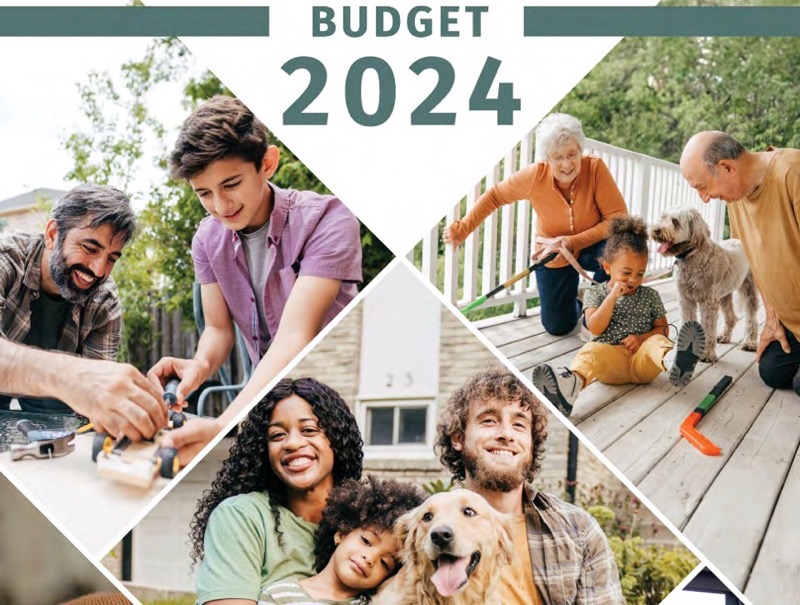
Internet Prices in Canada Have Consistently Gone Up Since CRTC’s 2019 Wholesale Rates Ruling: Report

Consulting firm Wall Communications recently published its federal government-commissioned annual Canadian telecom report for 2022, revealing that internet prices in the country have consistently and considerably increased since 2019.
Internet pricing has gone up across almost all “baskets,” which are Wall’s categories of internet connections according to the offered download speeds and data allowances. Level 5, which comprises connections offering speeds of 101-250 Mbps, saw the highest increase in pricing at 13.4%.
Only one service basket actually saw a drop in price — Level 2 (10-15 Mbps) connections were 5.6% cheaper in 2021 than in 2019.
That said, Level 2 comprises relatively low-speed plans with not many subscribers. By 2020, almost 50% of Canadian internet subscribers were paying for plans with advertised speeds of at least 100 Mbps.
Internet prices across Canada were actually on a downtrend going into 2019, but they started rising thereafter. According to The Toronto Star, critics attribute the about-turn of Canadian internet and wireless prices to the Canadian Radio-Television and Telecommunications Commission (CRTC)’s failure to implement lower wholesale internet rates in 2019.
Wholesale internet rates represent what smaller internet providers in Canada pay to national players like Bell and Rogers to use their network infrastructure.
In 2019, Canada’s telecom and broadcast regulator lowered wholesale rates, decreasing retail internet prices by extension. However, the decision was (controversially) appealed by larger telcos like Bell. The CRTC put its ruling on hold, and last year hiked wholesale internet rates back up to 2016 levels.
“The lower prices in 2019 and the price increases since then are a direct result of that rates decision and then the uncertainty, and now the higher rates that we have in place,” said Andy Kaplan-Myrth, vice president of regulatory affairs at TekSavvy, one of Canada’s largest independent internet service providers (ISPs).
“Smaller competitors were losing market share beginning in 2020, and at the same time, home internet prices were going up. There’s a direct correlation between the two,” said CNOC Executive Director Geoff White.
TekSavvy and other ISPs like Distributel contested the CRTC’s decision to reverse wholesale internet rates but were ultimately unsuccessful. The federal Cabinet ruled to uphold the higher wholesale internet rates in May.
Ottawa, meanwhile, proposed a new policy direction to the CRTC alongside its May ruling that it believes will help spur competition in the telecom space and ultimately lower internet prices in Canada.
“The government’s new proposed policy direction to the CRTC would require the commission to put in place new rules to improve competition and advance consumer rights, leading to lower prices and better telecommunications services for Canadian consumers,” said ISED spokesperson Hans Parmar.
According to the Wall Communications report, Canadian internet prices were also higher than or at least close to the most expensive in international comparisons of the service baskets.

